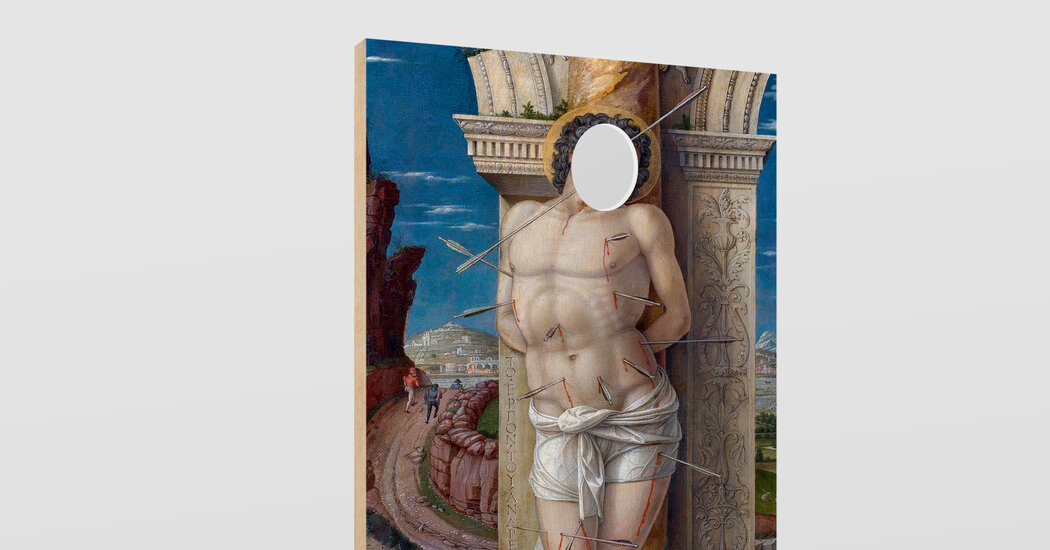Against this backdrop, reading Frank Bruni’s new book, “The Age of Grievance,” is one sad nod and head shake after another. Building on the concept of the oppression Olympics, “the idea that people occupying different rungs of privilege or victimization can’t possibly grasp life elsewhere on the ladder,” which he first described in a 2017 column, Bruni, now a contributing writer for Times Opinion, shows how that mind-set has been baked into everything from elementary school to government institutions. Tending to our respective fiefs, Bruni writes, is “to privilege the private over the public, to gaze inward rather than outward, and that’s not a great facilitator of common cause, common ground, compromise.”
Consider its reflection in just one phenomenon: “progressive stacking,” a method by which an assumed hierarchy of privilege is inverted so that the most marginalized voices are given precedence. Perhaps worthy in theory. But who is making these determinations and according to which set of assumptions? Think of the sticky moral quandaries: Who is more oppressed, an older, disabled white veteran or a young, gay Latino man? A transgender woman who lived for five decades as a man or a 16-year-old girl? What does it mean that vying for the top position involves proving how hard off and vulnerable you are?
Individuals as well as tribes, ethnic groups and nations are divvied up into simplistic binaries: colonizer vs. colonized, oppressor vs. oppressed, privileged and not. On college campuses and in nonprofit organizations, in workplaces and in public institutions, people can determine, perform and weaponize their grievance, knowing they can appeal to the administration, to human resources or to online court where they will be rewarded with attention, if not substantive improvement in actual circumstance.
The aggrieved take to social media where those looking to be offended are fed at the trough. Bruni refers to those who let you know that some representative of a wronged party is under threat as the “indignity sentries of Twitter.” Ready to stir the pot, let the indignation begin and may the loudest complainer win!
But goading people into a constant sense of alarmism distracts from actual wrongdoing in the world. Turning complex tragedies into simple contests between who ticks more boxes rarely clarifies the situation. In San Francisco, when a Black Hispanic female district attorney chose not to file charges against the Black Walgreens security guard who shot Banko Brown, a Black, homeless transgender man who was accused of shoplifting, the entire episode was read not only as a crime and a referendum on arming security guards but also as a human rights crisis, simultaneously anti-trans, anti-homeless and racist.

